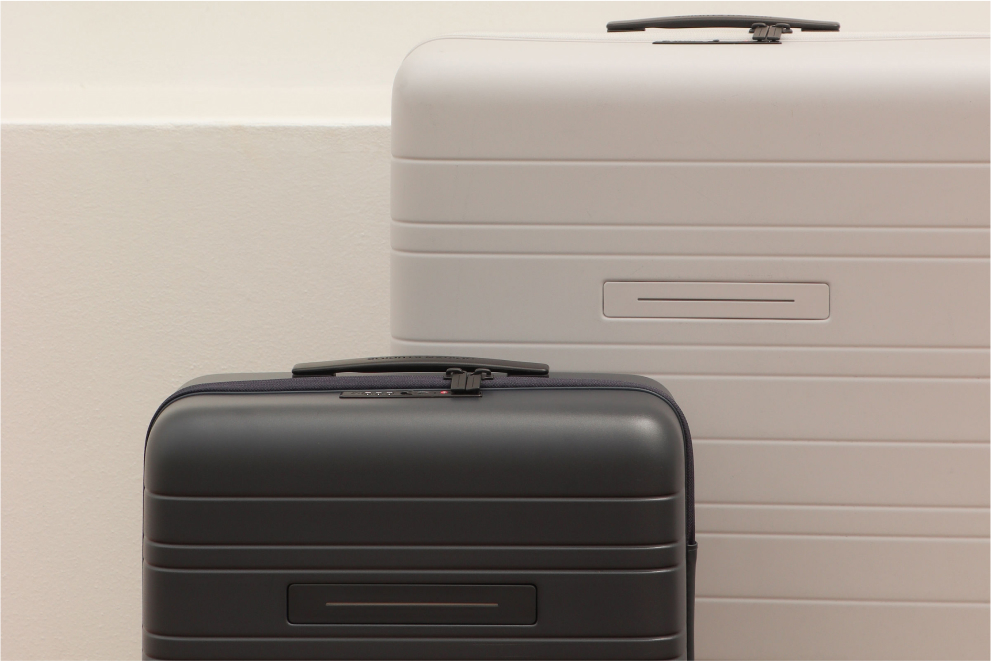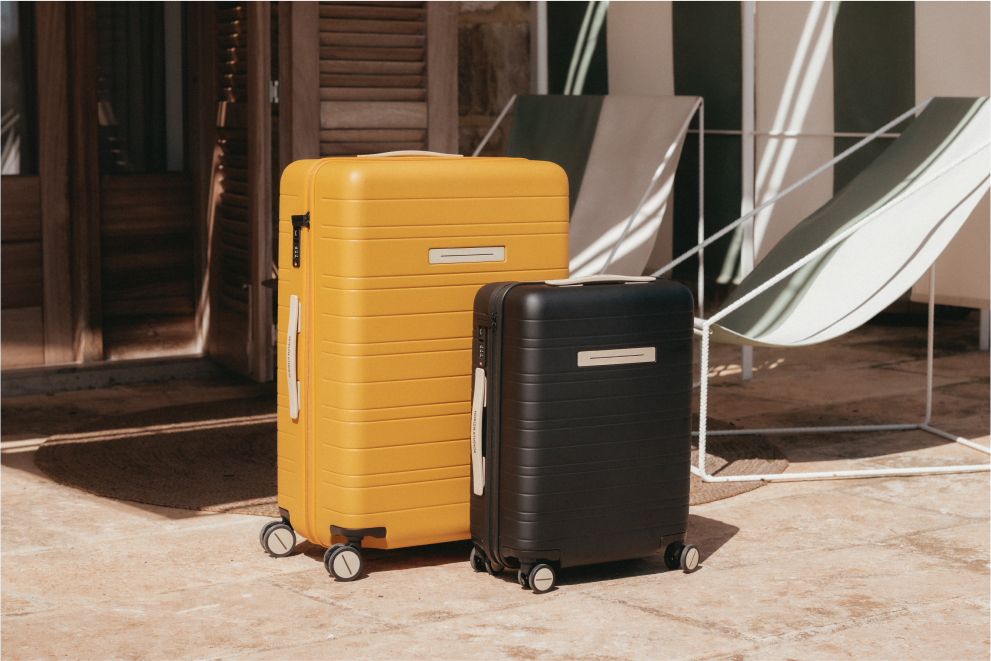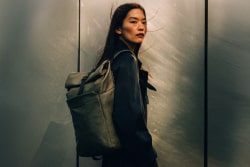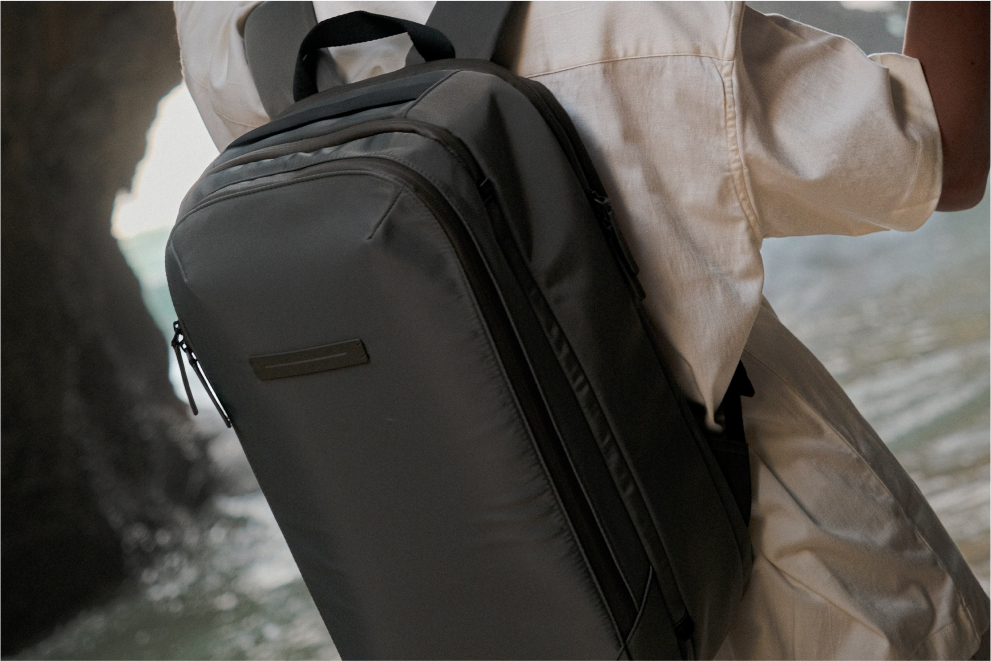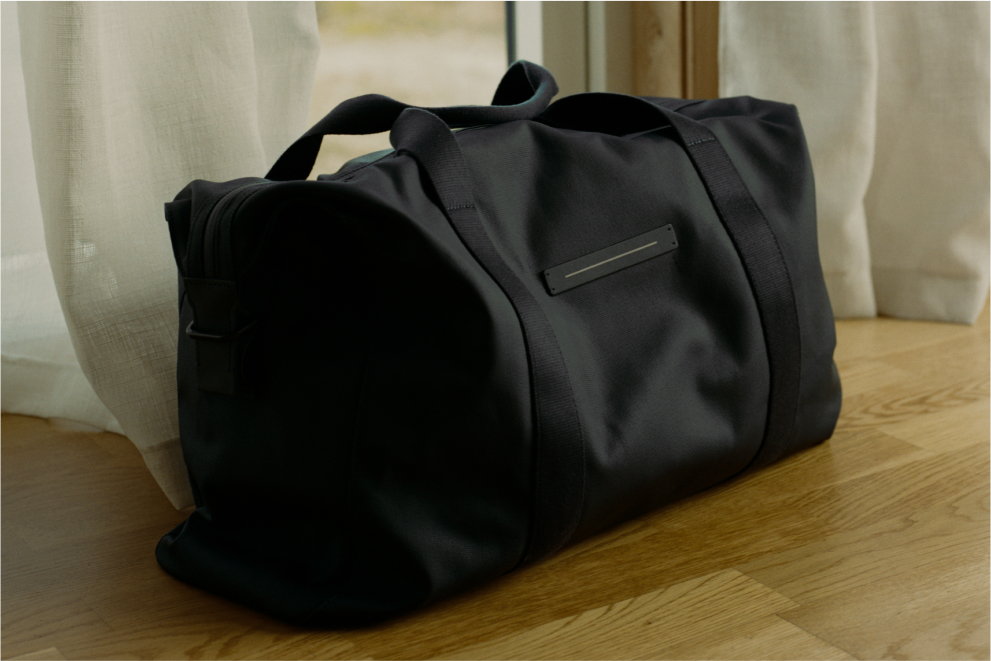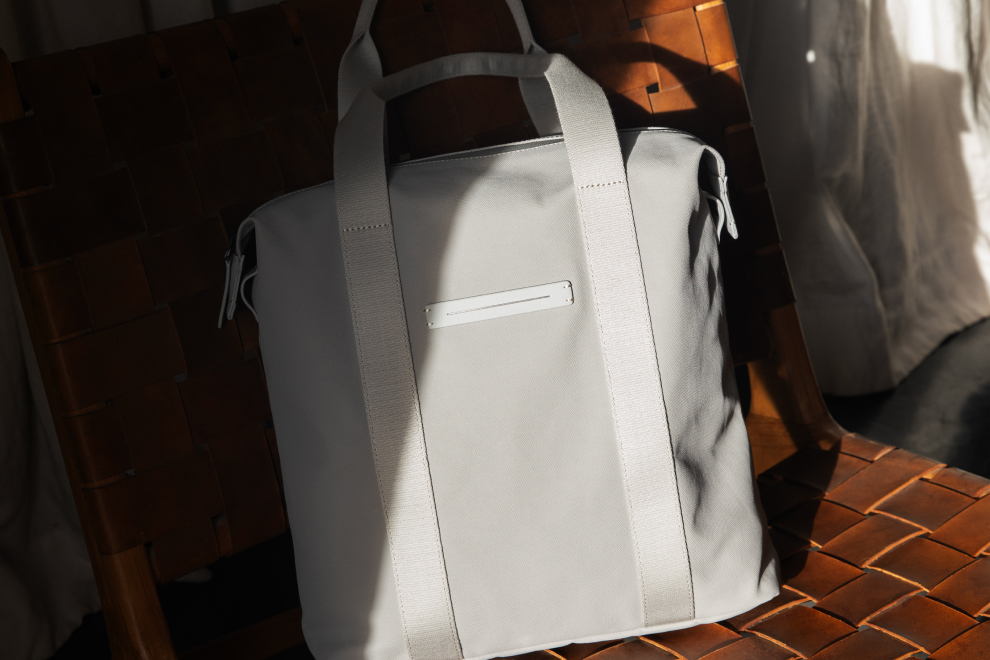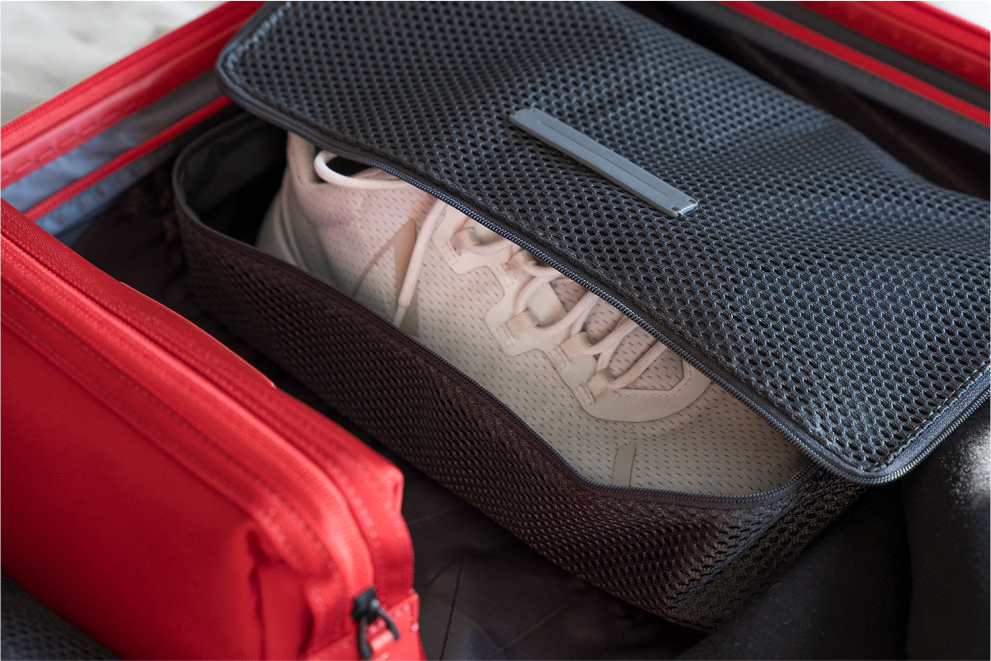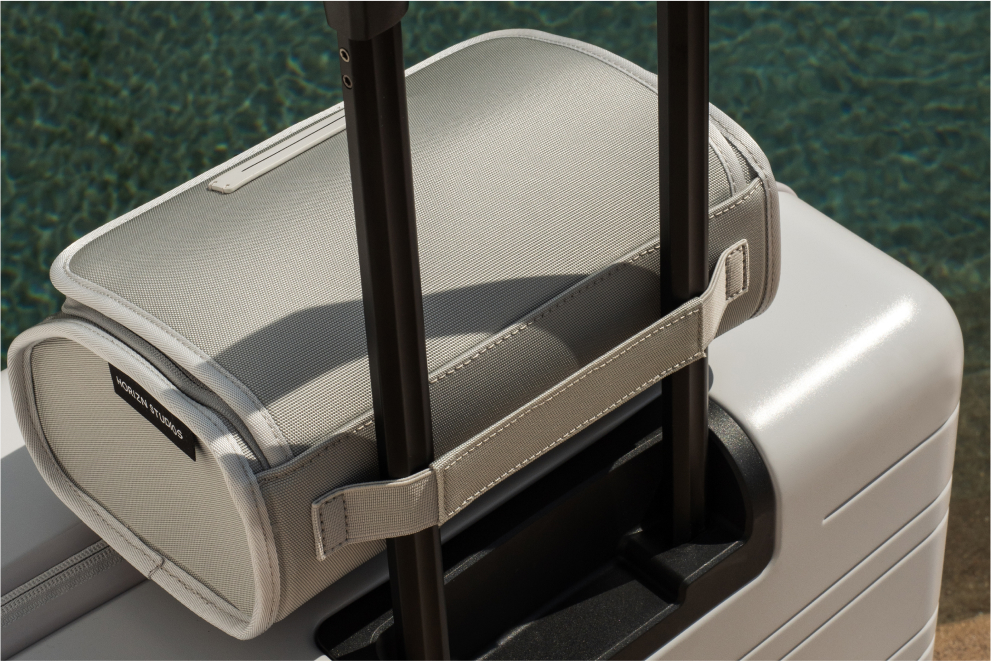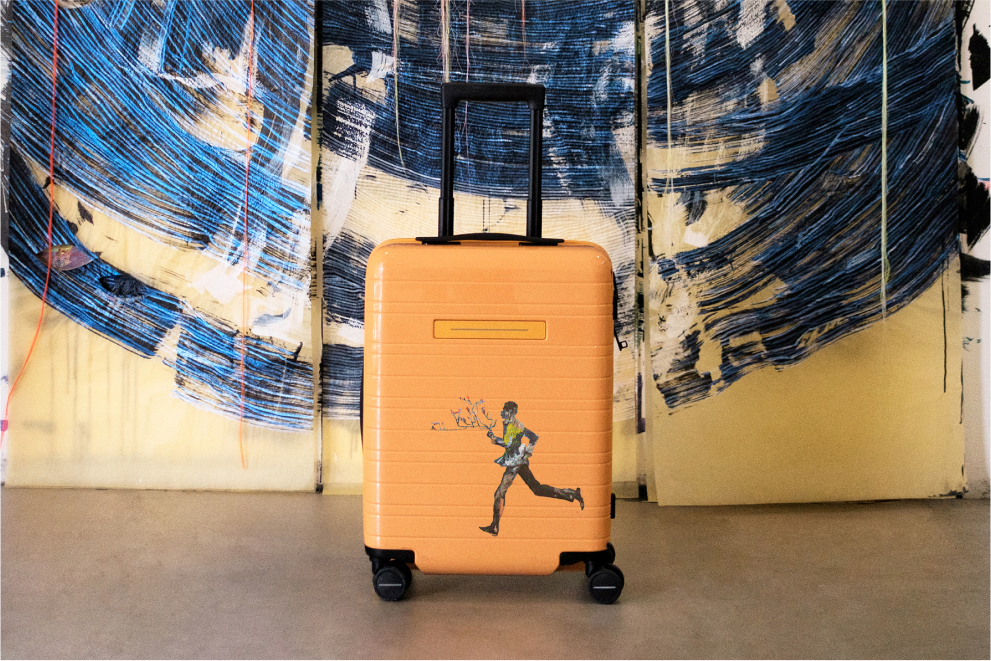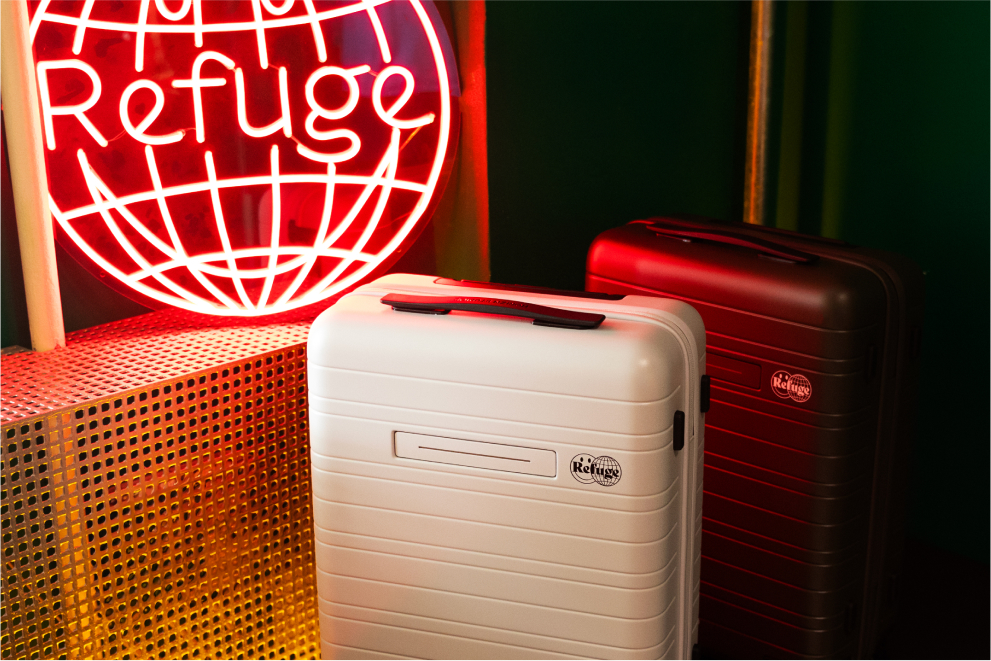Moving Through The World With Grace, Power, And Pride
A day in the life with dancer, actor, and ballroom powerhouse David Mendez
When David Mendez stood up on stage at his very first Berlin ball in 2016, he could finally breathe freely. At last, he felt seen. With his white shirt unbuttoned, his blue skinny jeans showing off his toned physique, and his hair tousled, he walked All American Runway, a signature ballroom category devoted to male fashion models. “I didn’t want to go on stage and immediately open myself up, to proclaim that I’m gay straight away,” the trained theatre actor and dancer tells me while catching his breath. We’re in Berlin on a bright but overcast day. Sporting a warm yellow shirt and soft gold chain accentuating his charismatic character, he moves through the city that opened doors for him years ago.
In fact, expressing himself “without anyone saying that my style was too feminine” – at the time, David was a seasoned house and hip hop dancer “in a male-dominated and homophobic scene” – inspired a new journey of self-discovery. “It was normal for people to call things ‘gay’ or think that men shouldn’t wear high heels. I wasn’t openly gay and didn’t want to expose myself, so instead, I kept quiet and never fully integrated into the scene,” he says.
Six years on, the scale of David’s journey belongs, on the face of it, to an artist with boundless confidence. But the picture needs details, such as how he rose to fame as David Milan and the Father of the House of Milan at an impressive pace; how he tirelessly empowered himself and others; how he nurtured talent; how he simultaneously built a promising acting career. Go further, keep on going, and never give up. Chase your dreams. Be free.
His message? “We see you. We give you the strength and confidence to be who you really are,” he enthuses. “It’s like a school of life. Being chopped [eliminated as a contestant] means that you have to prepare better next time, that you have to find a better way to tell your story.” David performs both Old Way, the original voguing style characterised by clean lines, symmetry, and precision, and Vogue Fem, softer, more feminine motions influenced by ballet, jazz, and modern dance. His style is rather chic and classic, less extravagant than that of some of his family members: “I’m in a leading role, and want to be seen as such.”
David became the Father of the German House of Milan in 2017, after walking Pretty Boy Realness, which is rooted in marginalised voices’ quest for survival. Jean Paul Gaultier was one of the judges at the Paris ball. “That’s when I thought, I’ve found my space,” he recalls. Paris has since become compulsory for him. “The community is a celebration of mutual support, acceptance, and love,” he says with a smile. His father and mentor, Icon Stanley (formerly Stanley Milan), in particular, coached him in all aspects of the subculture. “I could count on him, no matter how small or big the issue.”
Across our two conversations, I learn that David is incredibly modest; that his demeanour combines self-assurance and humbleness. The latter stems from a deep respect for those who paved the way for him: “Ballroom, as a culture, is never dead. We owe our ability to live freely to those who fought for it before us,” he refers to the Black Trans Women who birthed the subculture generations before. “I’ve learned to accept myself, but also to accept others, who they want to be, and how they want to be seen.”
His hopes for the next generation? “For people to live and let live. I wish they’d drop questions like, ‘Who are you?’ I don’t ask a heterosexual person whether they are straight or into men or women,” he sighs, adding that this sentiment doesn’t just phase the LGBTQI+ community, of course, but every other marginalised community, too. (David would love to see more PoC and Latinx people represented in events like Pride). “Growing up, seeing more people who look and live like me represented would have saved me a lot of questions.”
Born in Cali, Colombia, David moved to Düsseldorf aged 10 with his single mother and two older sisters. “Dance and music were always part of my journey,” he says as he picks up a slice of buffalo mozzarella pizza at Gazzo in Kreuzberg, the other hand holding a glass of Aperol Spritz. He recalls effervescent festivities with family, friends, and strangers alike, and how Cali’s rich salsa culture taught him togetherness. Today, David’s life, too, is abundantly vibrant. When we speak the second time over Zoom, he is in Valencia, Spain’s laid-back coastal city, from where he shares snaps of towering palm trees and sleek buildings against bright blue skies; the week before, he was in Tenerife for an acting gig and in Barcelona and Madrid to connect with local ballroom groups.
We finally head to Else Club, the location of today’s KiKi Ball, a lower-key competition often held for younger performers to harness their craft in a smaller setting. The theme? Factory workwear and metal meet crazily good vibes, which explains David’s outfit choice: Royal blue work pants, a tight white tank top, and silver chains around his neck and waist.
On our way, via one of David’s other favourite haunts, Brammibal’s Donuts on the lively riverside Maybachufer, he talks about consciousness as his current main topic; to learn and know what he really wants and feels most comfortable with. He reads The Power of Now on the concept of self-reflection. “Balls are about creating moments and fully immersing yourself in them,” he notes. It’s a sentiment that seems to ring true for every aspect of David’s life, on and off stage.
Thank you, David, for sharing your story with us. You can follow David’s journey on Instagram. Photography by Robert Rieger.
Text by Ann Christin Schubert
